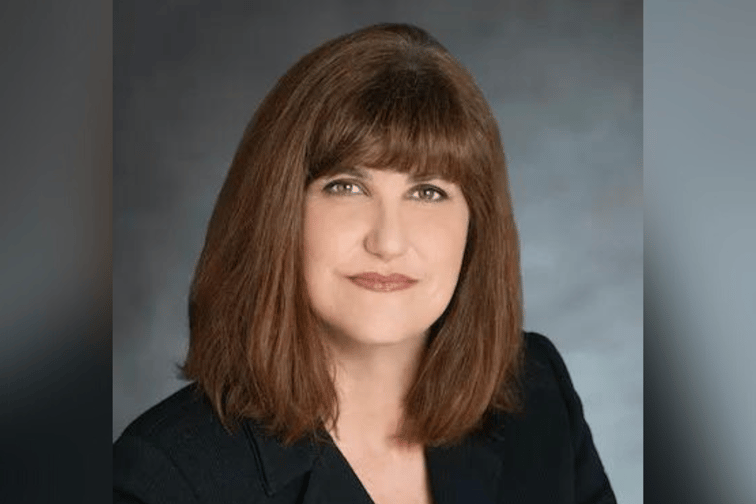

Severe weather events cause catastrophic damage and business interruption losses to small businesses every year. Hurricane Ian dealt an extensive and painful blow to Florida’s business community. Earlier this month, the state allocated $2.5 million through an emergency loan program to help business owners get back up and running.
Commercial real estate in locations regularly hit by storms, wildfires, and earthquakes are particularly vulnerable, which means owners must take proactive steps to locate and analyze all available coverage in the event of a natural disaster.
“I think it’s particularly important for the small to mid-size businesses because they often don’t have risk managers or a corporate structure to help them understand the insurance recovery process,” said Alex Roje (pictured), a partner in Lanthrop GPM’s insurance recovery practice based in Los Angeles.
Roje, who specializes in property damage claims, said pursuing claims after a natural disaster can be a complicated process filled with hurdles and hidden challenges. In the event of damage, owners must locate their policies and carefully review the particulars, as the type and scope of coverage available are controlled by each policy’s specific terms and conditions.
First-party commercial property policies typically cover physical loss or damage to business premises and other property owned or leased by the policyholder. This policy often includes business interruption coverage, which will reimburse the policyholder for profits that they would have otherwise earned.
Property policies may also cover loss of business income from physical loss or damage occurring in the repair or replacement of damaged property. Brokers can help their clients pin down any extra expenses they might recover through their policies and give notice to the carrier about a potential claim.
“Insureds need to get all their ducks in a row. They need to start collecting their documents and getting the names of people who might be helpful to them. All of that is extremely important in the aftermath of a disaster,” said Roje. Additionally, owners should carefully log and document damaged assets, dates and times of service interruptions, or injuries caused by the natural disaster, she added.
To ease the burden of the claims process, Roje advised policyholders to designate a point-person who can shepherd the company through the insurance claim, lead the information gathering process, and speak to advisers, adjusters, and other professionals involved in the recovery. A company’s financials also need to be collected and preserved to back up the claim.
“Owners are going to have a full plate if they’re trying to save their business, and the demands of an insurance claim on top of that can be overwhelming for them,” Roje pointed out. “It’s critical to pick someone who can be that channel of information because ultimately, the claim is going to depend on how robust your information is.”
She gave one example: “Let’s say your business has burned down during a wildfire. You’ve got not just your property damage, but you’ve also got a business interruption claim, which is typically based on your gross earnings as measured against your gross earnings in the immediate prior year.”
Dealing with the information request after a claim has been filed can often be overwhelming for small business owners, and some might benefit from seeking additional counsel.
“There are various issues that can arise during the claims process, and policyholders are often shocked when they hear something isn’t covered. It can be a rude awakening,” said Roje. “Even if there’s no real disputes with the carrier, it can be advantageous for the policyholder to have a general understanding of what they can expect to recover.”
Small businesses continue to face threats from unpredictable weather patterns, as storms and hurricanes have become stronger and more volatile amid climate change. Preventing exposures as much as possible before disasters hit is key, Roje said.
“Don’t worry about your insurance today; worry about mitigating the risks and protecting your property,” she advised. “Make sure that you’re acting as a reasonably prudent person, as if they had no insurance. And in the immediate aftermath of a catastrophic event, do whatever you can to prevent the loss from becoming even worse.”
